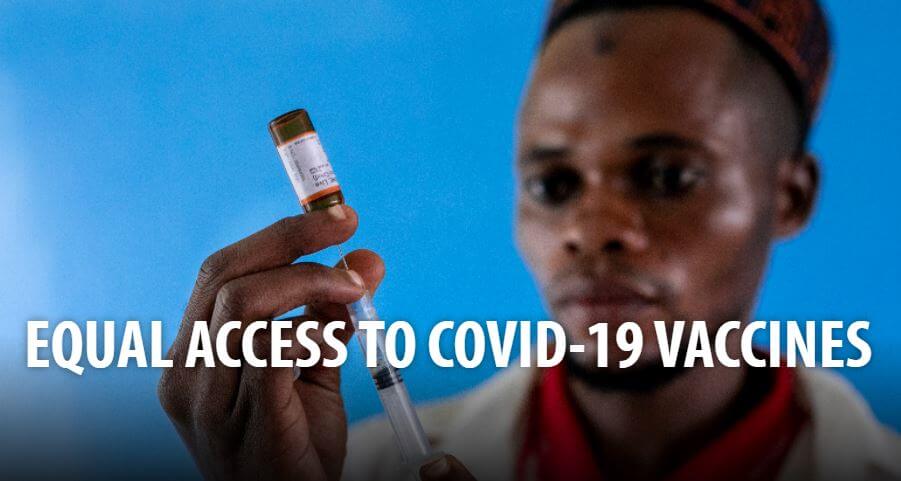The coronavirus vaccine has become a tremendous business opportunity. Moderna has said it will ship 500 million doses in 2021 and Pfizer, though now plagued by delays, promised 2 billion doses for the year. AstraZeneca (AZ) anticipates 700m doses just by the end of the first quarter of 2021.
At prices of USD $15 – 20 for the Pfizer and Moderna vaccines and $2 – 5 for the AstraZeneca vaccine, according to the British Medical Journal, earnings are set to be enormous. Moderna’s shares are up by a factor of 8.65 since January 2020, reaching $173.16 on Friday. But it wasn’t always going to be a profit-fest.
Covid-19 Vaccine Was Going to be Open-Source
Citing the need for “an urgent and unprecedented response” to the coronavirus pandemic, early in 2020 Oxford University said that it would “expedite access to Oxford IP to enable global deployment at scale of associated products and services to address the COVID-19 pandemic. The “default approach,” it said, “will be to offer non-exclusive, royalty-free licences to support free of charge, at-cost or cost + limited margin supply as appropriate.”
Yet soon after, Oxford signed an exclusive rights deal with AstraZeneca, with no guarantee of low prices. South Africa has already paid twice the European price for the vaccine, and the World Health Organization, via Covax, has only been able to pre-purchase enough vaccinations for a quarter of the African population. Australia has already paid $1.7 billion for the right to produce the vaccine locally.
Perhaps more perniciously, vaccine development is now being treated as commercial-in-confidence. Oxford and AZ have been at odds in public comments over crucial details about their testing procedures, while other research teams are working on similar vaccine types without sharing progress or data, as called for by Doctors Without Borders (MSF).

For these reasons, 99 countries led by India and South Africa proposed to the World Trade Organization that covid-related patents be waived during the pandemic. Only nine parties opposed the resolution: US, the UK, Japan, Canada, Brazil, Australia, Norway, Switzerland, the EU and – of course – Australia.
All this begs the question of whether someone has to become wildly rich in order for anything major to be achieved. Despite the evident altruism of so many scientists, researchers and health professionals, sadly it seems our political system thinks the answer is yes!
If you enjoyed this article, you can follow Christian on Twitter for updates.